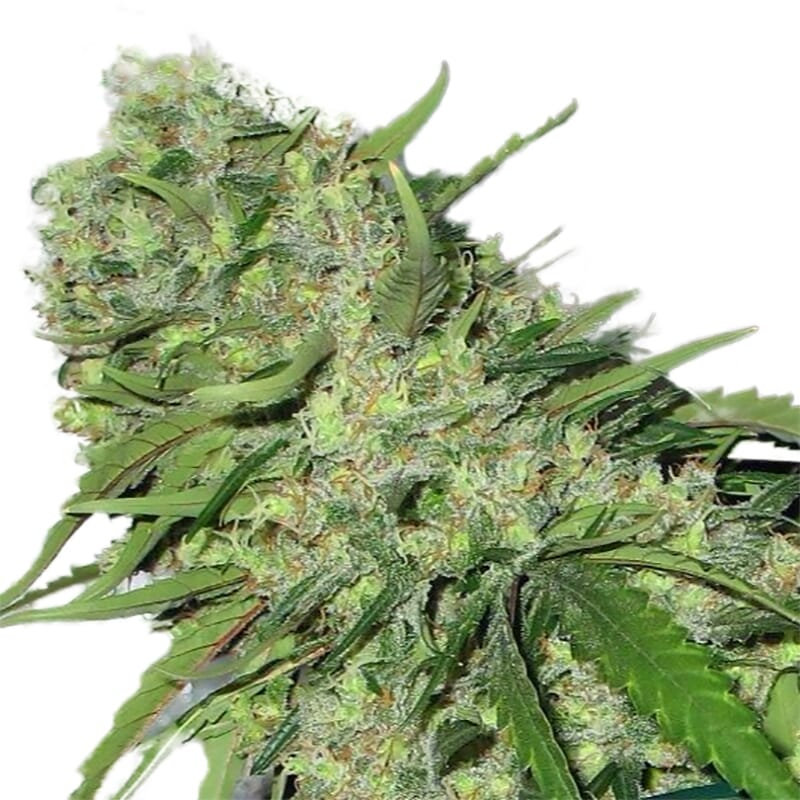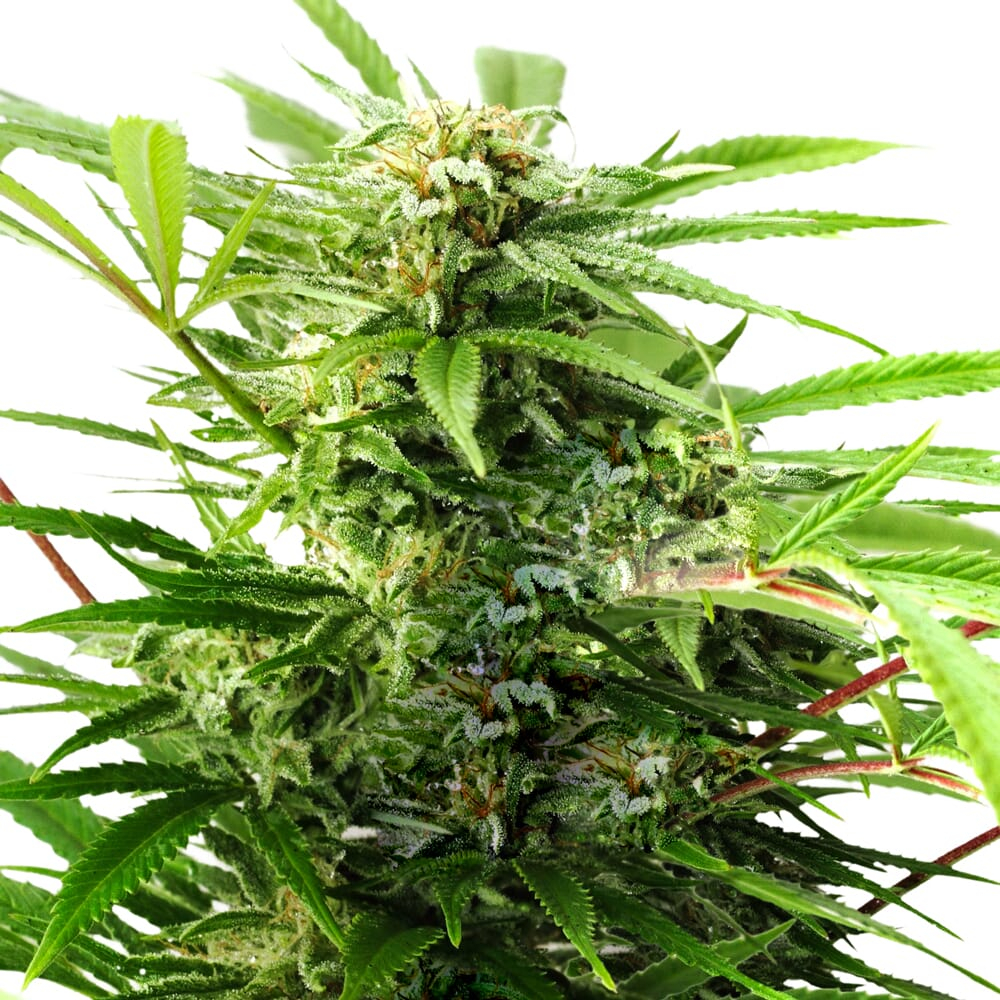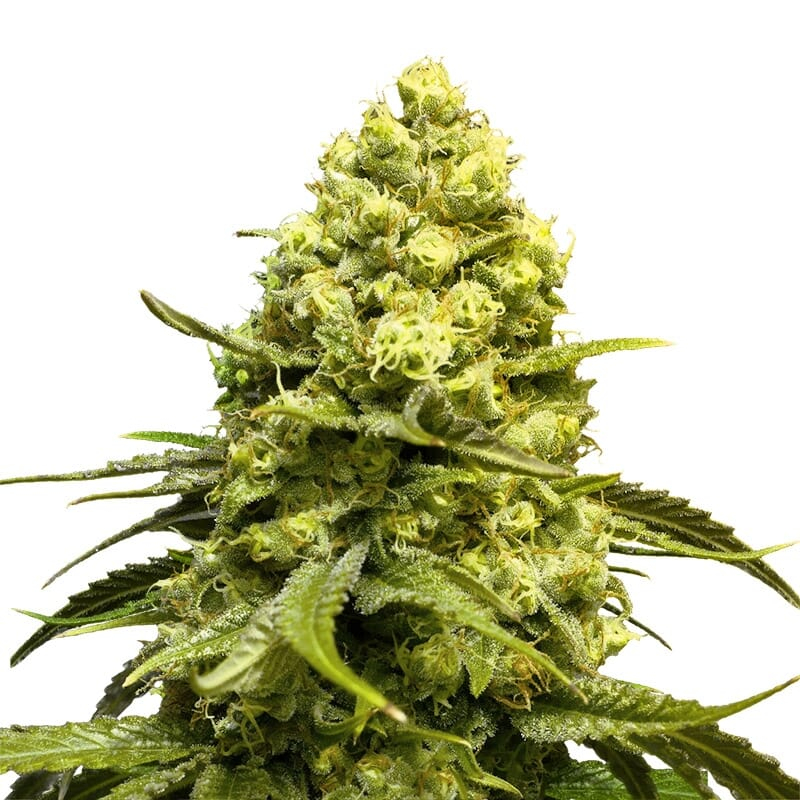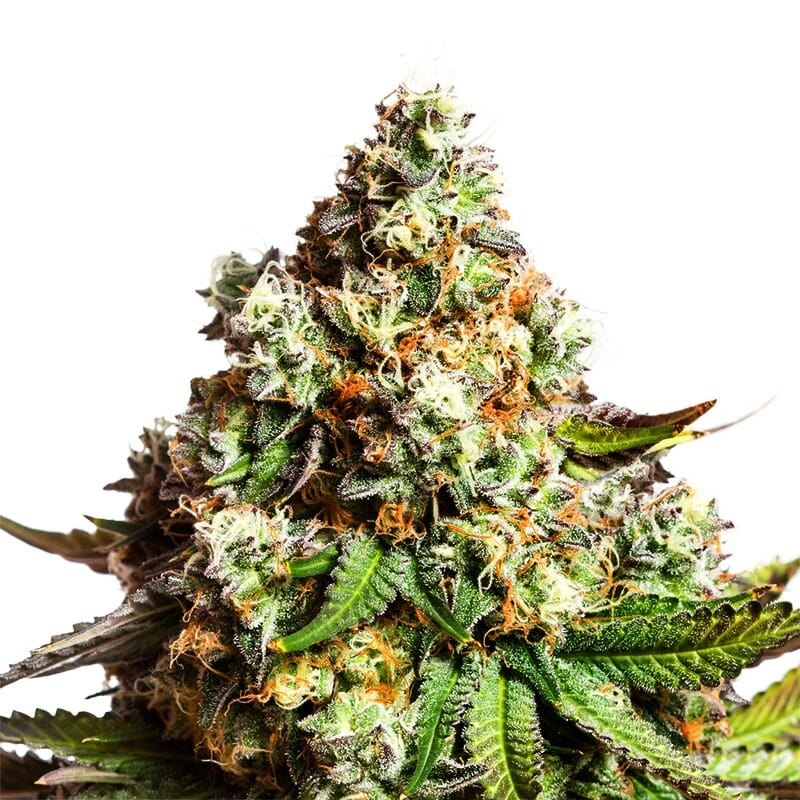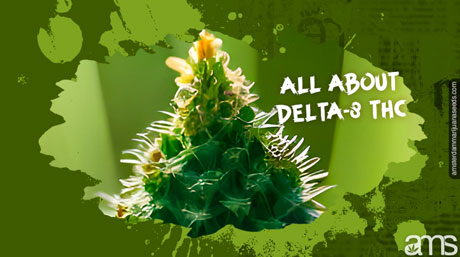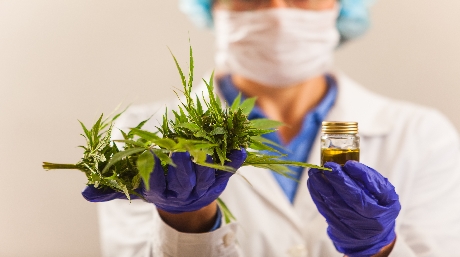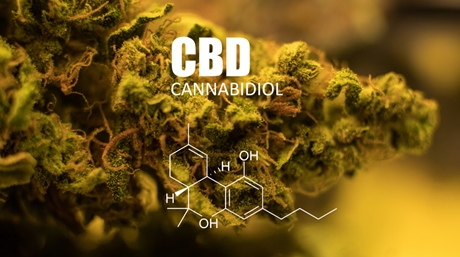CBD, or Cannabidiol, is renowned for its lack of psychoactive effects, distinguishing it from its cousin, THC (tetrahydrocannabinol). While THC induces the well-known “high” associated with marijuana use, CBD offers a range of potential health benefits without this mind-altering impact. But how exactly does CBD affect the human body and brain? This article delves into the workings of cannabidiol, its rise in popularity, and its potential effects on the brain.
THC versus CBD
Most cannabis users are familiar with THC and CBD, the two most well-known and extensively researched cannabinoids in the cannabis plant. THC is famous for its psychoactive effects, which produce the sensation of being stoned or high. In contrast, cannabidiol does not induce such effects. Despite the growing buzz around CBD’s health benefits, questions about its psychoactive properties linger. Is CBD truly non-psychoactive?
The Rise in CBD Popularity
For many years, cannabis cultivation focused primarily on increasing THC content to enhance the plant’s psychoactive effects. Consequently, modern strains can contain up to 35% THC, a stark contrast to the 5% THC levels common in cannabis strains of the past. However, the trend has shifted as more consumers and medical users seek the therapeutic benefits of CBD.
CBD has found its way into a variety of products, including body lotions, creams, cannabis sunscreen makeup, and even coffee. The increasing demand for CBD-rich strains reflects this growing interest in the cannabinoid’s health benefits. Medical users, in particular, are a burgeoning market, driving breeders to develop strains with higher cannabidiol content. Yet, the question remains: what effect does cannabidiol have on the brain?
How Cannabidiol – CBD Works
To understand why CBD doesn’t cause a high like THC, we need to explore how these cannabinoids interact with the body. When THC enters the body, it binds to CB1 receptors in the brain, stimulating them to release Anandamide, also known as the “bliss molecule.” This interaction results in the euphoric feelings, altered perception, and increased appetite commonly associated with marijuana use.
CBD, on the other hand, interacts differently. Instead of binding to CB1 receptors, CBD connects with CB2 receptors, which are primarily located in the immune system. This interaction doesn’t produce a high but contributes to a range of therapeutic effects. cannabidiol is known for promoting a sense of relaxation and well-being, without the psychoactive impact of THC.
The Therapeutic Potential of CBD
CBD’s interaction with CB2 receptors is linked to various health benefits. It has been shown to reduce stress and anxiety, alleviate pain and inflammation, and offer neuroprotective properties. Research into CBD’s potential is ongoing, with studies exploring its effects on conditions such as epilepsy, chronic pain, and even mental health disorders.
Conclusion
CBD stands out in the world of cannabinoids for its lack of psychoactive effects and its wide range of potential health benefits. Unlike THC, which binds to CB1 receptors and induces a high, cannabidiol interacts with CB2 receptors, promoting relaxation and offering therapeutic benefits without altering the mind. As research continues to uncover the full potential of CBD, its popularity is set to grow even further, offering a natural alternative for those seeking relief without the high.
FREQUENTLY ASKED QUESTIONS
1. Does CBD have any psychoactive effects?
CBD does not produce psychoactive effects like THC. It interacts with CB2 receptors in the body, promoting relaxation and well-being without causing a high.
2. What are the potential health benefits of CBD?
CBD offers various health benefits, including reducing stress and anxiety, alleviating pain and inflammation, and providing neuroprotective properties. It is also being studied for its potential to treat epilepsy and other medical conditions.
3. How does CBD differ from THC in its interaction with the brain?
CBD and THC interact with different receptors in the body. THC binds to CB1 receptors in the brain, leading to the release of Anandamide and producing a high. CBD, however, binds to CB2 receptors, which are mainly in the immune system, resulting in therapeutic effects without psychoactive impact.



